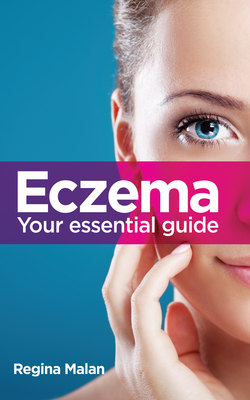Читать книгу Eczema: Your essential guide - Regina Malan - Страница 7
На сайте Литреса книга снята с продажи.
WHEN SHOULD YOU SEE A DOCTOR?
ОглавлениеEczema is generally not a medical emergency and you may at times find relief in over-the-counter medication, skin creams and lifestyle adjustments. In any of the following instances, however, you should consult a doctor for more effective treatment:
•If the eczema has an adverse effect on your daily life, for instance your work is compromised, you cannot attend important events, your sleep is disrupted, etc.
•If over-the-counter medications, such as hydrocortisone cream, does not relieve the rash.
•If the rash is red, swollen and painful; if vesicles are formed, fluid is leaked and a crust develops; if you have a fever. These are all indications of an infection and require medical attention. It may even be necessary to check into the hospital’s casualty ward.
•If you have an impaired immune system, are suffering from medical conditions such as diabetes or HIV/Aids, if you have undergone chemotherapy or are over the age of 70, you should receive medical care at the slightest sign of infection.
If your doctor uses the term ‘pruritus’ during an examination, he is simply referring to the itch that accompanies eczema and other skin conditions.
Eczema cannot be diagnosed by means of a single blood test. The doctor will examine the rash and ask you a number of questions before making a diagnosis. Remember, there are numerous types of skin rash, and eczema – or atopic dermatitis – is only one of them.
But what does eczema look like and what distinguishes it from other skin rashes?
